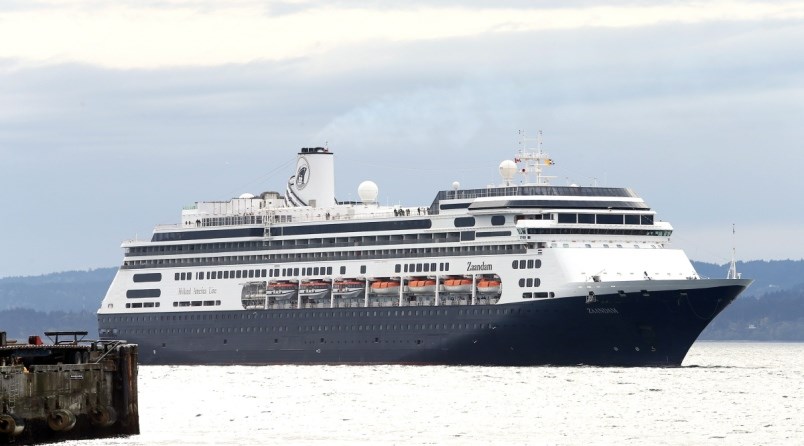“A major cruise line that has frequently docked in Vancouver and Victoria has put four of its luxury liners up for sale, an indication of the financial hardship the industry has suffered during the COVID-19 pandemic as travellers stay home and countries restrict cruising.” Megan Stewart, CTV Vancouver, July 19, 2020
The reluctant decisions underway at Seattle-based Carnival Corporation are not the only hardships being felt by the cruise-line industry as a result of the coronavirus pandemic. Bad enough.
Yet other reports predict that, to cover around $1.2 billion in operating costs, Carnival will eventually sell 13 liners of varying ages, sizes and passenger capacities. Internationally, the company is one among many suffering a drastic loss of reservations.
So, short of government bailouts, can there be any upside to this story for Metro Vancouver communities and for Victoria, Nanaimo and other Island port cities? Any way to salvage some lasting benefit from the years of federal, provincial and private investments in our cruising and shipping economies?
Maybe, but one idea would not involve tourists or taking liners seaward. It would mean persuading our governments to buy a few of the most appropriate ships with a view to solving a very different problem that COVID-19 is also exacerbating – how to provide safe, attractive homes for the homeless.
The rationale
Within hours of Carnival’s July 15 announcement that it had sold the first four ships came news that the Vancouver Park Board had voted 4:3 to allow overnight camping in certain local parks and open spaces. The decision was the board’s way of recognizing that homeless people “have to live somewhere.”
If the vote survives the immediate backlash and news that campers are “spilling out into informal areas” throughout B.C., one natural follow-on suggests no green space – including on the North Shore – would be immune to having tents, porta-potties, discarded needles and shopping cart paraphernalia in parks 24/7. No community has enough policing capacity to make it otherwise.
That’s no criticism of the board; they are a group of well-intentioned residents desperately trying to solve some of B.C.’s burgeoning homeless problems.
So here’s the question too many of us – myself included – have ignored for too long: If the parks our municipalities so expensively zone, design and maintain as green playgrounds for everyone to enjoy are not to become alternatives to Vancouver’s ravaged Downtown Eastside, how do we care for our homeless?
Well, how about we ask our governments to work the numbers and issues on all sides of the equation and, beginning with one of the smaller vessels, see whether some of the homeless can be safely housed and cared for on the cruise ships that can no longer serve the purpose for which they were built?
Before you laugh the idea out of the room, note this: anyone who has taken a cruise will know these ships have all the furnishings a person could ever need – cabins with en suite bathrooms for passenger loads from 500 to over 2,500; galleys and dining rooms; indoor/outdoor recreation facilities; even theatres. Important, too, for some homeless people, is that not only do most passenger ships already have well-equipped medical treatment areas, some have been re-fitted as hospital ships in the past – that type of use is not unusual. More recently, several cruise ships have served as months-long homes to hundreds of passengers stranded aboard by coronavirus regulations.
Any organization and/or philanthropist who decides to run with this idea will be facing quite a task, but there’s little doubt it can be done. What it will take is for governments, cruise lines, and others involved with homeless problems to work together to make it happen.
So there it is – a zany idea that will “never work”? Or thinking outside the box? The discussion is over to you.
A longtime North Vancouver resident and former North Shore News columnist, Elizabeth James cares deeply about her home and neighbours throughout the North Shore. She approaches her work according to the mantra her writing instructor gave her many moons ago: "There are stories everywhere, Liz; your job is to write them." [email protected]



